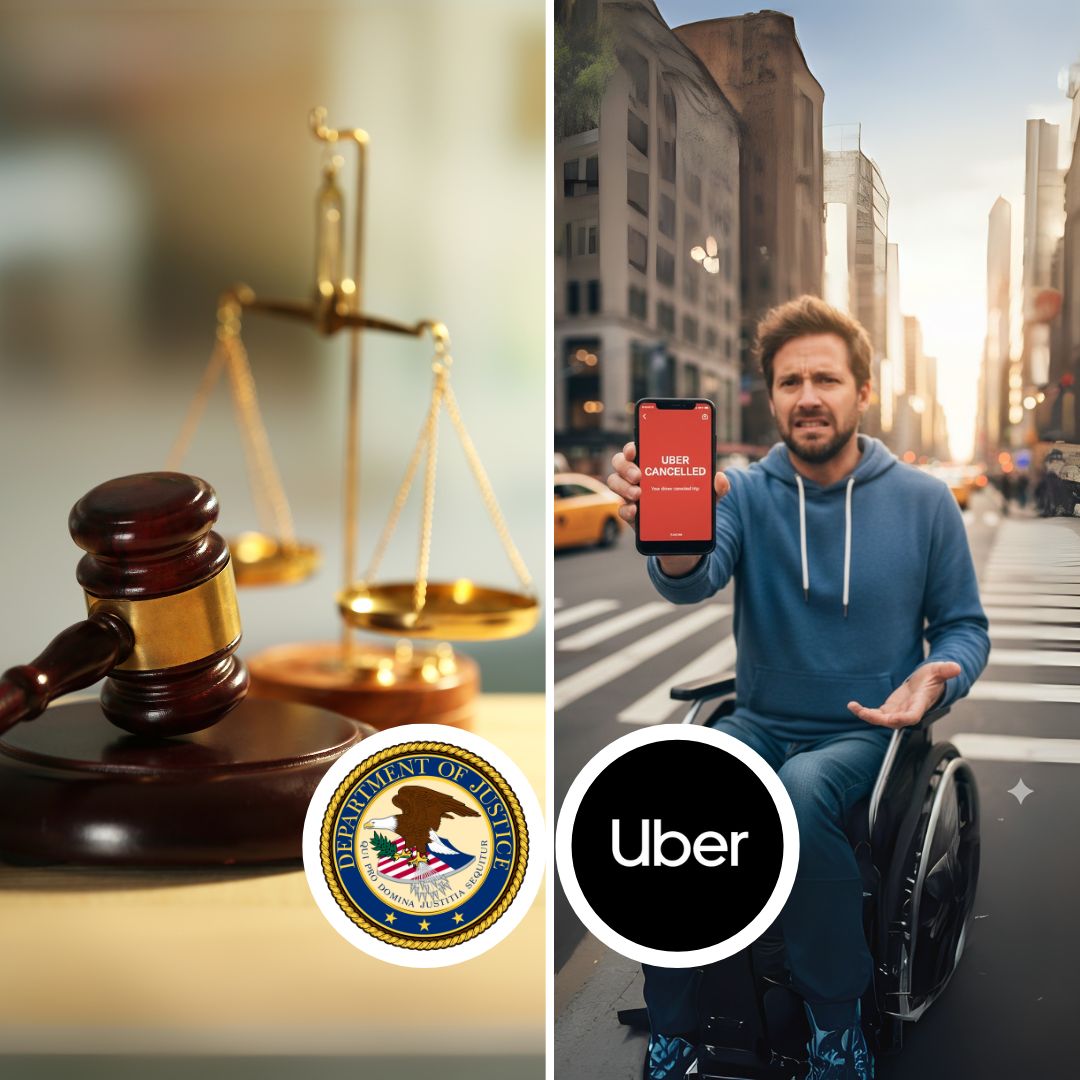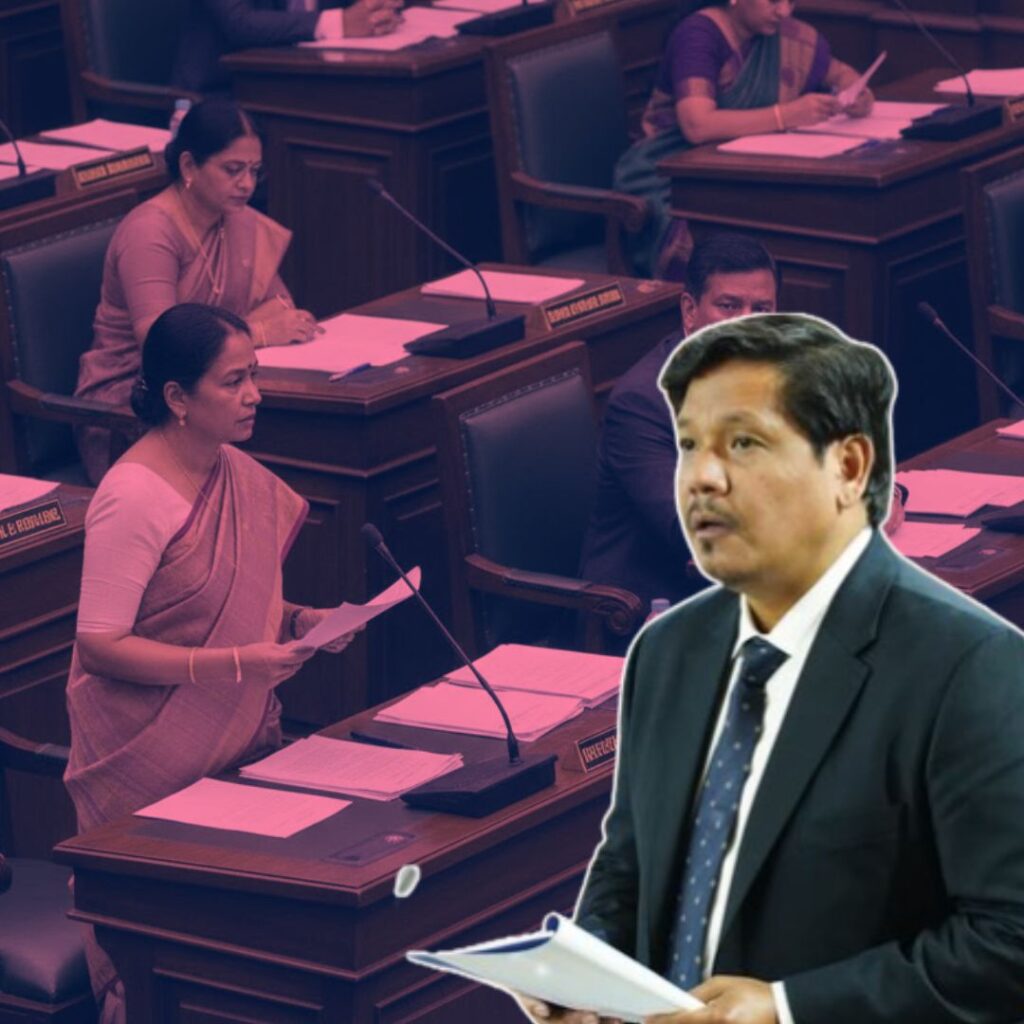The US Department of Justice filed a lawsuit against Uber on September 11, 2025, accusing the ride-hailing giant of repeatedly discriminating against passengers with physical disabilities in violation of the Americans with Disabilities Act (ADA). The complaint alleges Uber drivers routinely refuse service to people with stowable wheelchairs or service animals and levy unlawful fees such as cleaning and cancellation charges.
The government seeks injunctive relief, monetary damages, civil penalties, and sweeping changes to Uber’s policies and driver training programs. Uber denies the claims and highlights recent measures to improve accessibility for disabled riders.
Allegations and Impact on Disabled Riders
The Department of Justice’s complaint details disturbing incidents involving at least 17 disabled passengers who were allegedly mistreated by Uber drivers. Examples include a 7-year-old amputee denied a ride home after his wheelchair was questioned and a Gulf War veteran who missed his flight when refused service while accompanied by a service dog. Several riders reported being insulted, subjected to inappropriate medical questions, and charged extra fees for cancellations or cleaning related to service animals.
These alleged practices impose significant economic, emotional, and physical hardships on disabled individuals already facing accessibility barriers. Disability rights advocates have long criticised Uber for failing to adequately address these issues despite prior legal settlements.
Background and Regulatory Context
Uber’s contentious history with disability rights is not new. It resolved a 2021 lawsuit by the DOJ with a $25 million settlement in 2022, compensating over 65,000 affected users for discriminatory wait-time and surcharge practices. Nevertheless, problems persist, leading to this latest, more comprehensive lawsuit. The ADA, enacted in 1990, mandates public services like transportation to provide reasonable accommodations for people with disabilities.
Although Uber introduced a 2025 feature allowing riders to notify drivers of service animals before a trip, critics argue the company still lacks adequate enforcement and training protocols to prevent discrimination. The new suit seeks systemic reforms, including policy overhauls, mandatory driver education, and stricter accountability mechanisms.
The Logical Indian’s Perspective
The Logical Indian firmly condemns any form of discrimination, especially against disabled individuals who depend on accessible transport for their independence and dignity. Equal access to services like Uber is a civil right, not a privilege.
While technology can enable inclusion, corporate commitment must translate into concrete actions-robust policy enforcement, sustained driver education, and a culture rooted in empathy and respect. Without these, legal victories risk becoming symbolic rather than transformative.











